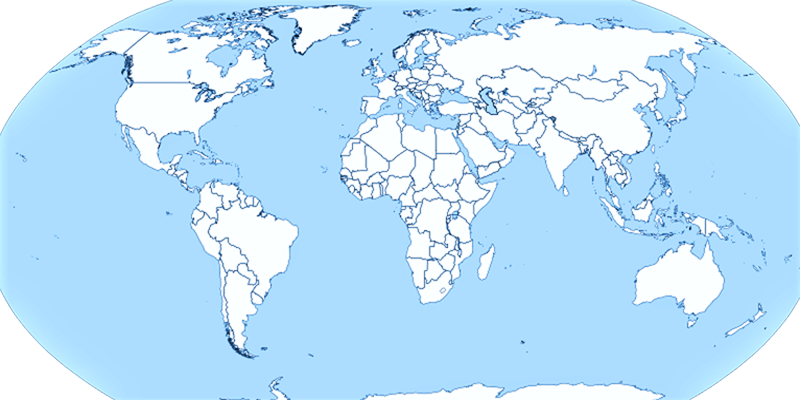Centre for International Politics and Law (CIPL)

About the Centre
The Centre for International Politics and Law is dedicated to advance interdisciplinary research and seeks scholarly exchanges with research organizations around the world. CIPL is the Centre focusing exclusively on the interface between politics and economics in International Relations. Over the years, Economic issues became the key variable in determining state place in the international system. It constitutes an important source of political influence in international diplomacy. Scholars often focus on International Politics without much attention to International Economics and vice versa. Sometimes, Political Scientists don't look beyond the nation-state while Economists often overlook the state's interests. Here, the interdisciplinary approach becomes significant to understand the mutual influence between the two distinct disciplines. A nation-states' political action clearly affect international trade and vice versa. Today, state and market have a mutual interaction which conceptualizes the notion Geo-economics. The oil embargo forced policy-makers to shift the world system from geopolitics to Geo-economics. Thus, the Centre will shed light on the synthesis of economic and political study, which is defined as International Political Economy. In addition, CPIL will provide a deep analysis of legal issues pertaining to international trade, which could enhance the participation of India in International trade.